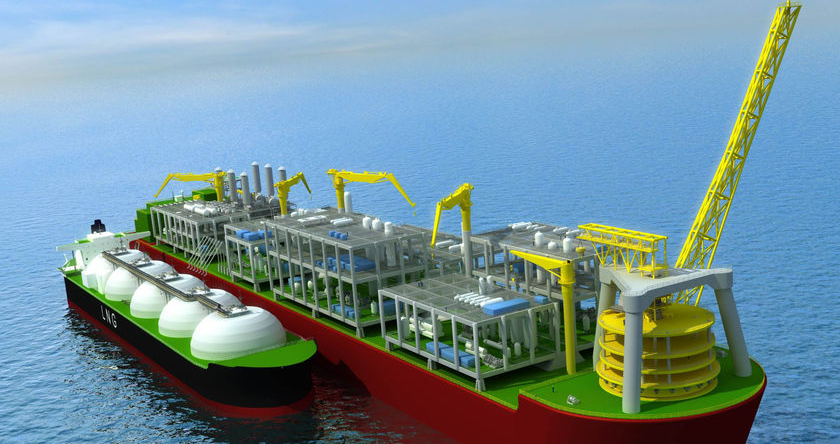Floating liquefied natural gas (FLNG) technology is proving to be a transformative force in Africa’s evolving energy landscape, according to a new assessment by global consultancy McKinsey & Company. As global gas demand continues to rise, Africa’s potential as a major LNG exporter is gaining new momentum—thanks in large part to floating solutions that bypass many of the traditional hurdles associated with onshore developments.
“Floating technology has been a way to unlock Africa,” said Alessandro Agosta, senior partner at McKinsey, emphasizing the continent’s unique opportunity to tap into stranded gas resources and accelerate project timelines. FLNG offers greater flexibility, reduced capital expenditure, and faster deployment compared to conventional LNG infrastructure—an attractive value proposition for many African nations eager to monetize their gas reserves.
Recent project developments across Mozambique, Nigeria, and the Republic of Congo showcase how FLNG is enabling production in remote or infrastructure-poor regions. These floating units can liquefy natural gas offshore, eliminating the need for extensive onshore processing plants, which often face delays due to land acquisition issues, security risks, or political instability.
With LNG consumption projected to grow globally—driven by energy transition efforts, industrial demand, and power generation—Africa’s ability to deliver flexible, competitive LNG supply is becoming increasingly strategic. The US and Qatar continue to lead the global LNG race, but FLNG could allow African producers to close the gap and become more competitive on the international stage.
SOURCE: Oilspot Suriname

